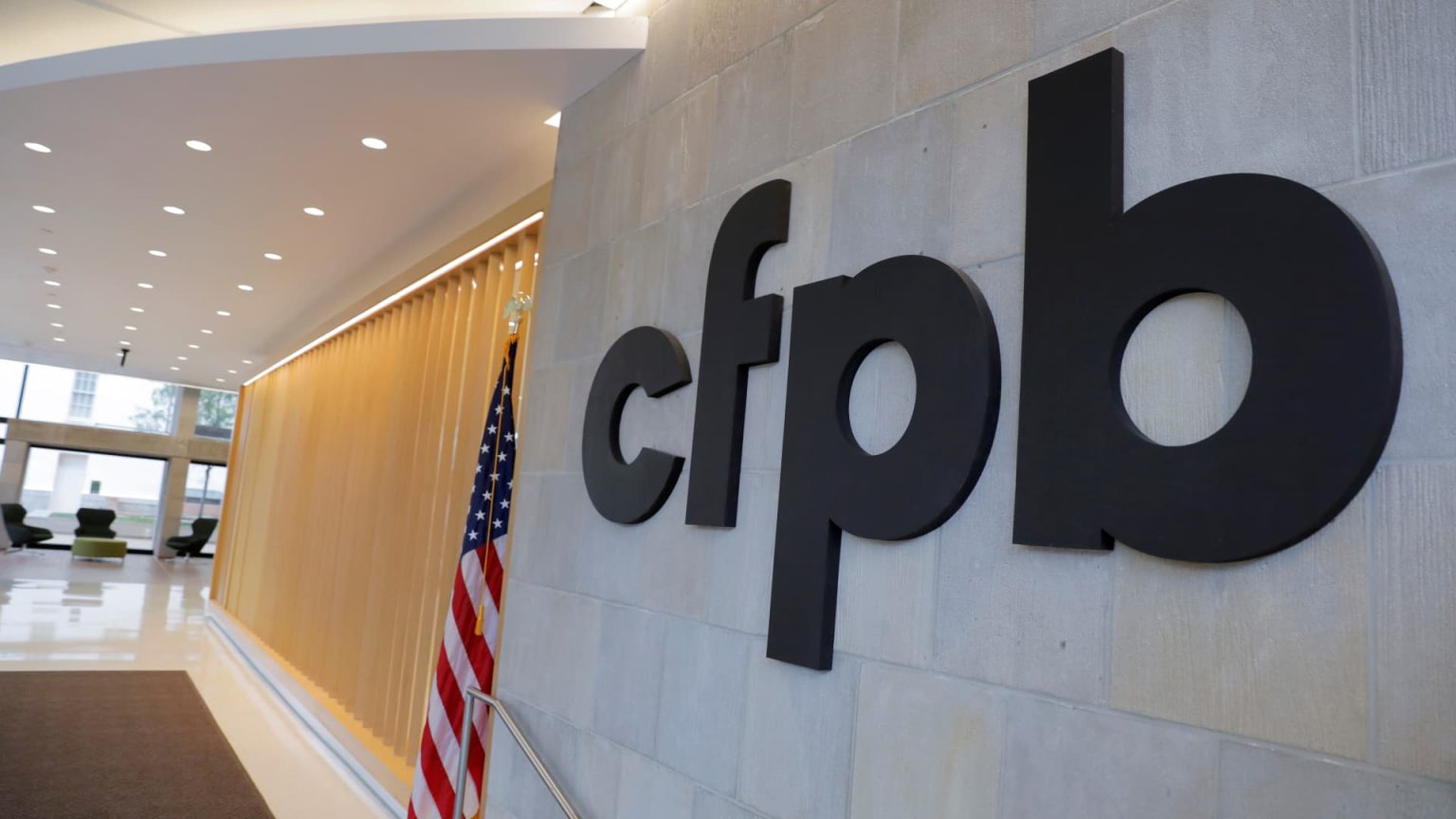The Supreme Court recently ruled that the funding structure of the Consumer Financial Protection Bureau (CFPB) is constitutional in a 7-2 decision. The Court rejected arguments that the CFPB’s funding method violated the U.S. Constitution as it does not require annual appropriations from Congress, but instead draws its funds from the Federal Reserve system. This ruling is seen as a victory for President Joe Biden, who has used the CFPB to help enact key aspects of his economic agenda. Justice Clarence Thomas, writing for the majority, stated that the funding mechanism of the CFPB satisfies the Appropriations Clause of the Constitution.
The majority opinion was supported by Chief Justice John Roberts, Justices Brett Kavanaugh and Amy Coney Barrett, as well as the three liberal justices on the court. The dissenting opinion, written by Justice Samuel Alito, argued that the CFPB can essentially “bankroll its own agenda” without any congressional oversight. This decision reverses a 2022 ruling by the 5th Circuit U.S. Court of Appeals, which found the funding mechanism of the CFPB to be unconstitutional. A spokesperson for the CFPB hailed the Supreme Court’s decision as a victory for American families and honest businesses, ensuring consumer protection from predatory practices.
The CFPB was established by Congress in response to the 2008 financial crisis to enforce consumer protection laws and ensure fair markets in consumer financial products and services. Its unique funding structure was designed to protect the agency from political pressures by not requiring annual appropriations from Congress. Two trade groups representing lenders had challenged the CFPB’s funding structure, leading to the Supreme Court case. The agency has been the subject of several high-profile political battles during the Biden administration, including regulatory plans targeting credit card late fees.
The CFPB’s rule capping credit card late fees at $8 was set to go into effect, but a federal judge in Texas halted its implementation. Senate Banking Committee Chair Sherrod Brown celebrated the Supreme Court ruling, stating that “Wall Street tried to use the courts to kill the Consumer Financial Protection Bureau, and they failed.” Brown emphasized the importance of the CFPB in standing up to powerful corporate interests and protecting consumers and workers who may not have the resources to fight these battles on their own. The Supreme Court’s decision ensures that the CFPB will continue to operate in its current funding structure, upholding its mandate to protect consumers from financial harm.


